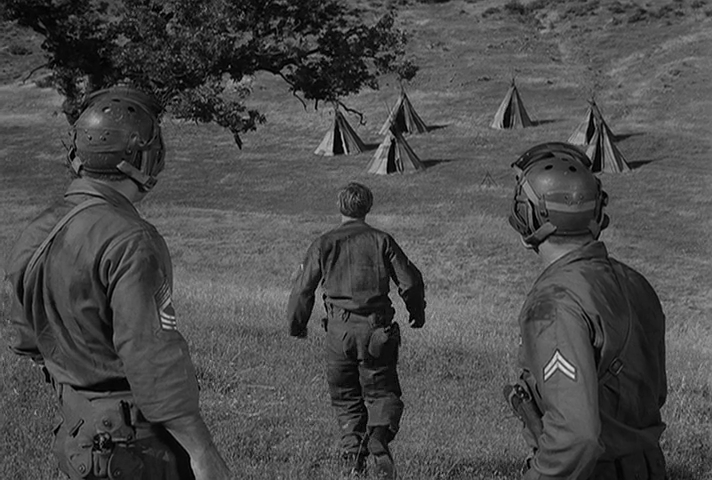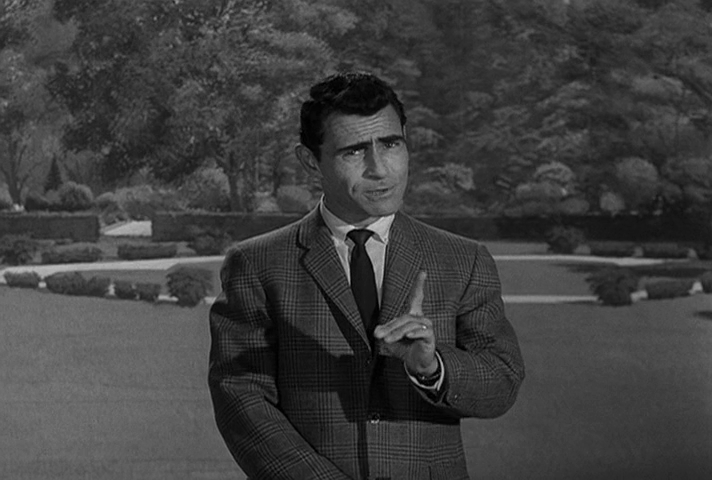
by Natalie Devitt
This past month of The Outer Limits presented more than its fair share of stories filled with aliens, insects and humans that all attempt to dominate those around them: an alien from another dimension that holds captives all in an attempt to bargain for more power to achieve his goals, a queen bee that tries to mate with a human in hopes of strengthening her species so that she can rule the world, a secret society that uses creatures to possess the bodies of government officials so that they can rise to power, and a tale about a woman’s desperate attempt to kill an alien and steal his magic shield in a quest for fame and status.

Don’t Open Till Doomsday, by Joseph Stefano
The Outer Limits goes back in time to the year 1929. Following a busy wedding day, newlyweds Mary and Harvey find themselves in their suite with all of their unopened wedding gifts. David Frankham, who was featured in The Outer Limits episode Nightmare, plays Harvey, who is drawn towards one gift in particular. Its card reads, “Don’t Open Till Doomsday.“ Curious, Harvey removes the wrapping paper to reveal a box with a hole on one side that flashes a light. He peeks inside the hole, only to suddenly vanish into thin air.

In the present day, newlyweds Viva and Gard decide to rent the same bridal suite where Harvey disappeared. Mary, played by Trouble in Paradise’s Miriam Hopkins, now owns the property which houses the bridal suite. Having grown old without Harvey, she tells the pair about him before saying that she has finally stopped expecting her “groom to return.” When the couple sets foot in the suite, they see that aside from dust and cobwebs that the room has not been touched in decades.
In fact, the wedding gifts are exactly as they were the night Mary’s groom vanished. The presents include the very box that caused Harvey‘s disappearance, which as it turns out has the ability to transport people into another dimension. This dimension is controlled by a creature from outer space that still has Harvey. Luckily for Mary, she thinks that Viva and Gard might hold the key to helping her free him.
Don’t Open Till Doomsday does not always make much sense, but that does not really matter. From howling winds to film noir lighting, the episode is all about atmosphere. As usual, Conrad Hall’s cinematography helped to make a pretty good episode all the more impressive. In addition, the episode has plenty of great performers, but it is Miriam Hopkins who really steals the show as Mary. She is almost unrecognizable, looking like a cross between Gloria Swanson’s Norma Desmond character in Sunset Boulevard and Bette Davis as the title character in Whatever Happened to Baby Jane.
With all this episode has a lot going for it, I must confess that the conclusion is a little disappointing and that the alien, while ugly, is not nearly as frightening as I would have liked. Despite some flaws, Don’t Open Till Doomsday is highly enjoyable, which is why it receives three and half stars.
ZZZZZ, by Meyer Dolinsky

In ZZZZZ, America, America’s Joanna Frank portrays a mysterious young woman by the name of Regina, who is hired as a lab assistant for an entomologist named Ben. In the role of Ben is Philip Abbott, returning to The Outer Limits after an appearance in The Borderland. Shortly after the “enchanting” brunette is hired, she is invited to stay in her employer‘s home with him and his wife, Francesca, played by Pride and Prejudice’s Marsha Hunt.
What Ben does not realize is that Regina is much more knowledgeable about bees than he is. After spending some time with the new hire, Francesca notices that something seems a little off about her. Francesca’s suspicions are confirmed when she looks out the window one day to see Regina hugging trees and licking flowers, then transforming back into her original bee form. As it turns out, Regina is actually a queen bee. Also, she is intent on mating with Ben in order to improve her species and conquer the world. But before she can do that, Regina needs to eliminate any competition she has for Ben‘s affection.
While far from a masterpiece, ZZZZZ is enjoyable. This entry in the series has an almost magical quality to it due in large part to Conrad Hall’s cinematography, which also makes the already attractive Joanna Frank even more seductive. The most striking scene is perhaps the scene where Francesca observes Regina in the garden going around from plant to plant before eventually turning into a bee. But even with all that the episode has going for it visually, the plot is fairly weak, which is interesting because the screenwriter is none other than Meyer Dolinsky, who also penned the scripts for outstanding episodes like The Architects of Fear and O.B.I.T. After taking everything into consideration, ZZZZZ earns three stars.
The Invisibles, by Joseph Stefano

The Invisibles follows a group of men, who have, as the narrator states, “never joined or been invited to join society.” But it is for that very reason that they have been recruited by an organization called the Society of Invisibles. The men are told that they are being given an opportunity to make something of their lives by being trusted “with a mission of incalculable importance.“
The Society of Invisibles plans to send them out to use their anonymity as an advantage in order to gain the access to prominent members of society, such as those found in “government and industry.” Once a potential victim’s guard is down, a member of the Society of Invisibles can use furry crab-shaped creatures that attach themselves to the unsuspecting victim‘s spine in order to control the body. With each new host, they move one step closer to their goal of world domination.
The men attend “indoctrination classes.” They are told, “You will work alone. Each man in a different city.” The men are also warned, “if you contact anyone for any reason whatsoever, you will be murdered.” What the organization does not know yet is that one of their men, Luis Spain, portrayed by Don Gordon, a recent actor on Twilight Zone’s The Self-Improvement of Salvadore Ross, is a government agent.
The Invisibles is a pretty strong episode. What could be yet another story about alien possession or aliens trying to take over the world is executed extremely well. The acting is superb. Also, the screenplay leaves you never knowing which characters are trustworthy. The story keeps the pace going right until the very end, which is why I give it three and a half stars.
The Bellero Shield, by Joseph Stefano

The Bellero Shield tells the story of a young man named Richard, a scientist conducting experiments with laser beams. Richard is eager to become the successor to his family’s company, but Richard’s father has his doubts, since the company is phasing out lasers. Martin Landau returns to The Outer Limits after The Man Who Was Never Born and assumes the role of Richard. Relative newcomer, Sally Kellerman, makes her second appearance on the series and plays Richard’s wife, Judith.
One night after experimenting with his lasers, Richard steps out of his lab. What he does not know is that his lasers have attracted the attention of a alien or, as it calls himself, a “traveler.” When Judith attempts to shoot the being, he immediately puts up a shield. He insists on keeping his shield up, expecting to “remain shielded” until as he says, he knows more about weapons on Earth. Desperate to keep the family business and compelled by her own desire for fame, Judith distracts Richard, then waits for an opportunity to take a shot at the being when he is without his shield. Once she shoots the creature, she is eager to use his shield for her own gain.
The influence of Macbeth on The Bellero Shield is hard to miss, but even though this episode's screenplay does not try to hide its influences, it still stands as a great work on its own. The script is solid with a fantastic conclusion. The cast does not have a weak actor. All of these add up to The Bellero Shield deserving four stars.

An unwavering quest for power has been at the heart of all of the episodes this past month on The Outer Limits, but another thing that has been pretty consistent this month is the quality of the episodes. Most were at least good, if not excellent. I can only hope that this becomes the rule for the series rather than the exception.
[New to the Journey? Read this for a brief introduction!]
Follow on BlueSky


![[April 8th, 1964] Pooooolo! (<i>Doctor Who</i>: Marco Polo, Parts 5 to 7)](https://galacticjourney.org/wp-content/uploads/2019/04/640408costumes-672x372.jpg)
![[March 25, 1964] The Face of Terror (<i>The Twilight Zone</i>, Season 5, Episodes 20-24)](https://galacticjourney.org/wp-content/uploads/2019/03/640325b-672x372.jpg)








![[March 15th, 1964] Maaaarco! (<i>Doctor Who</i>: Marco Polo, Parts 1 to 4)](https://galacticjourney.org/wp-content/uploads/2019/03/640315butwherearethelittlehorses-672x372.jpg)
![[March 11, 1964] Brought into Focus (<i>The Outer Limits</i>, Season 1, Episodes 21-24)](https://galacticjourney.org/wp-content/uploads/2019/03/640311d-672x372.jpg)
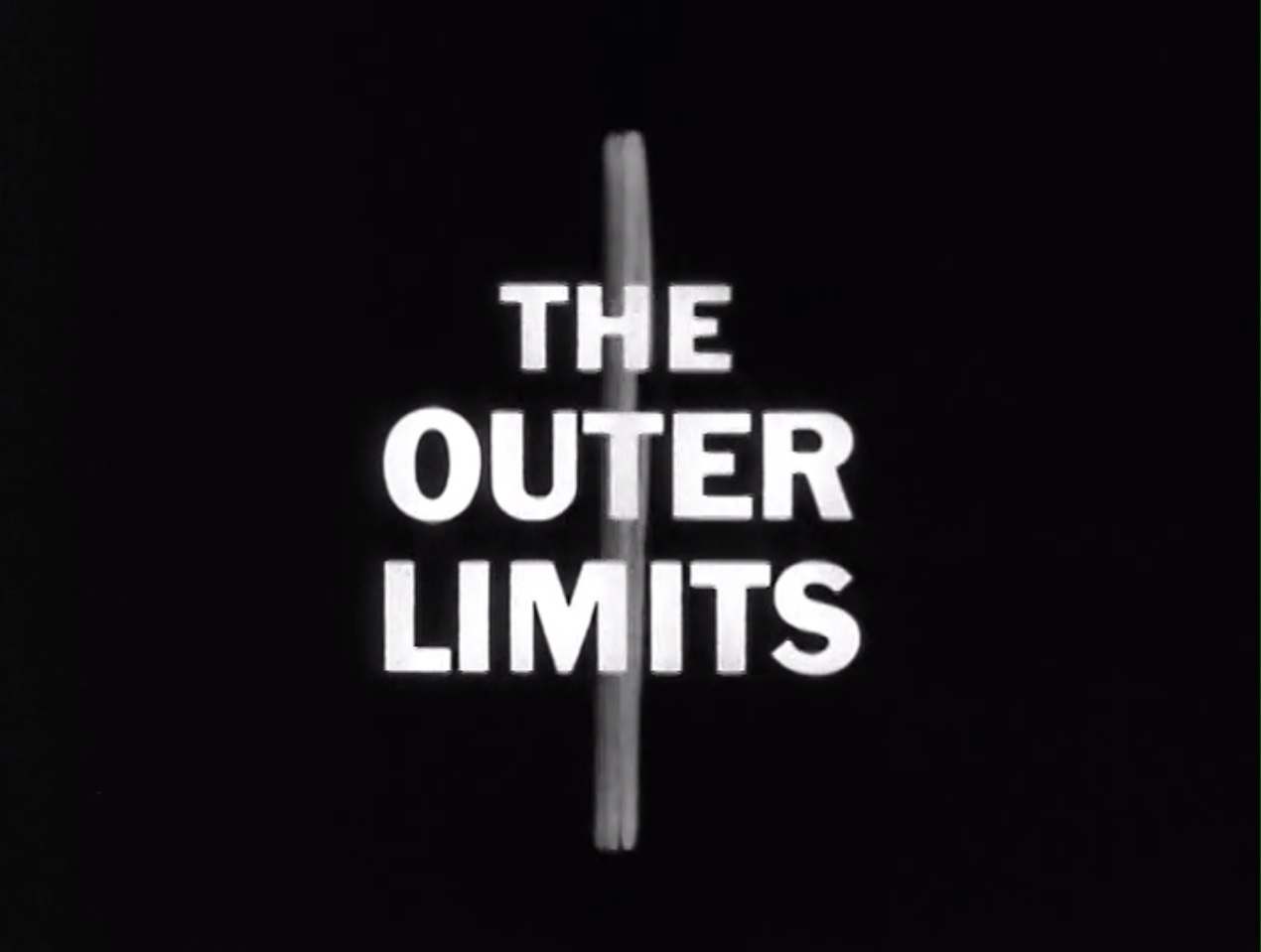
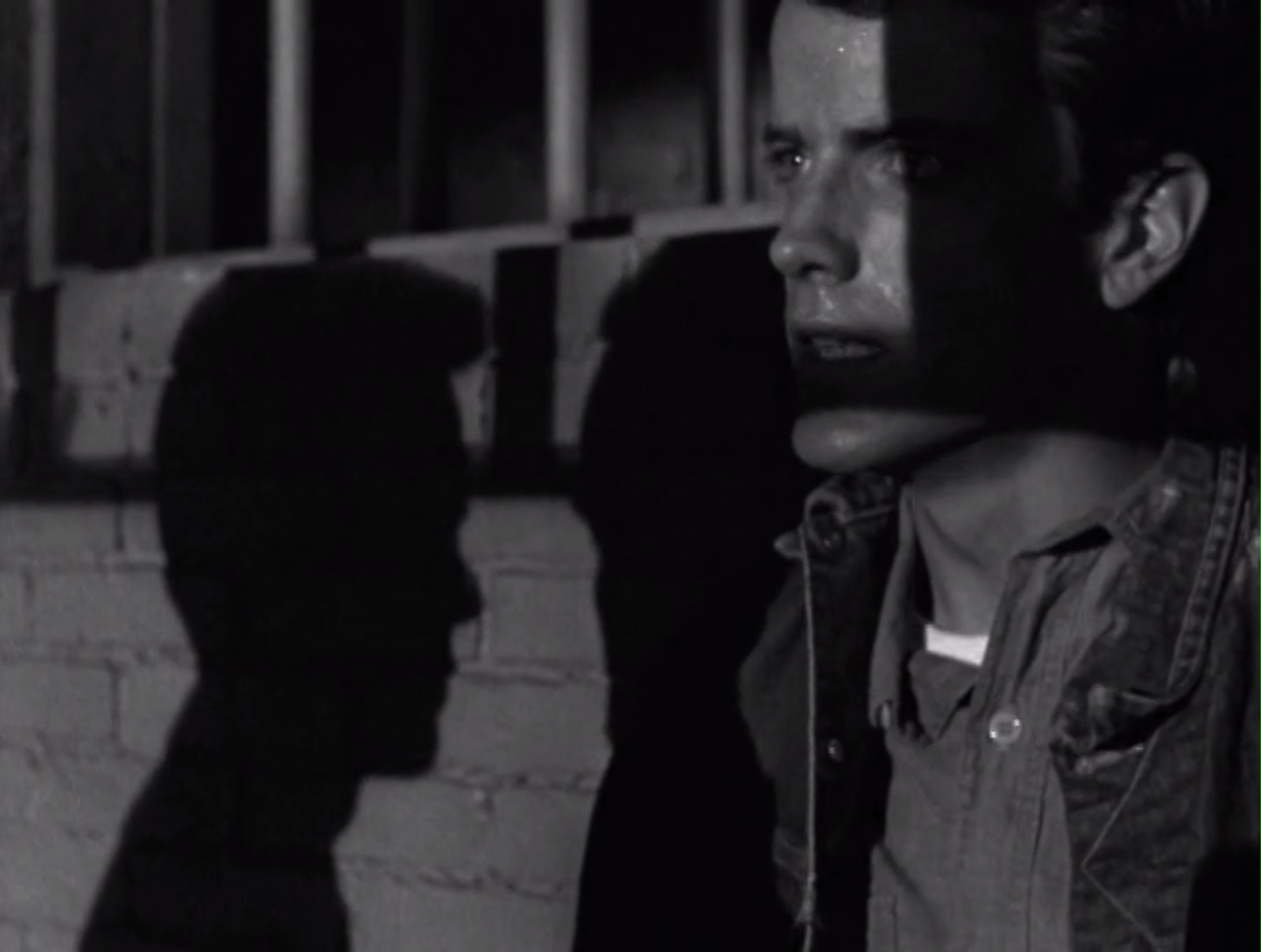
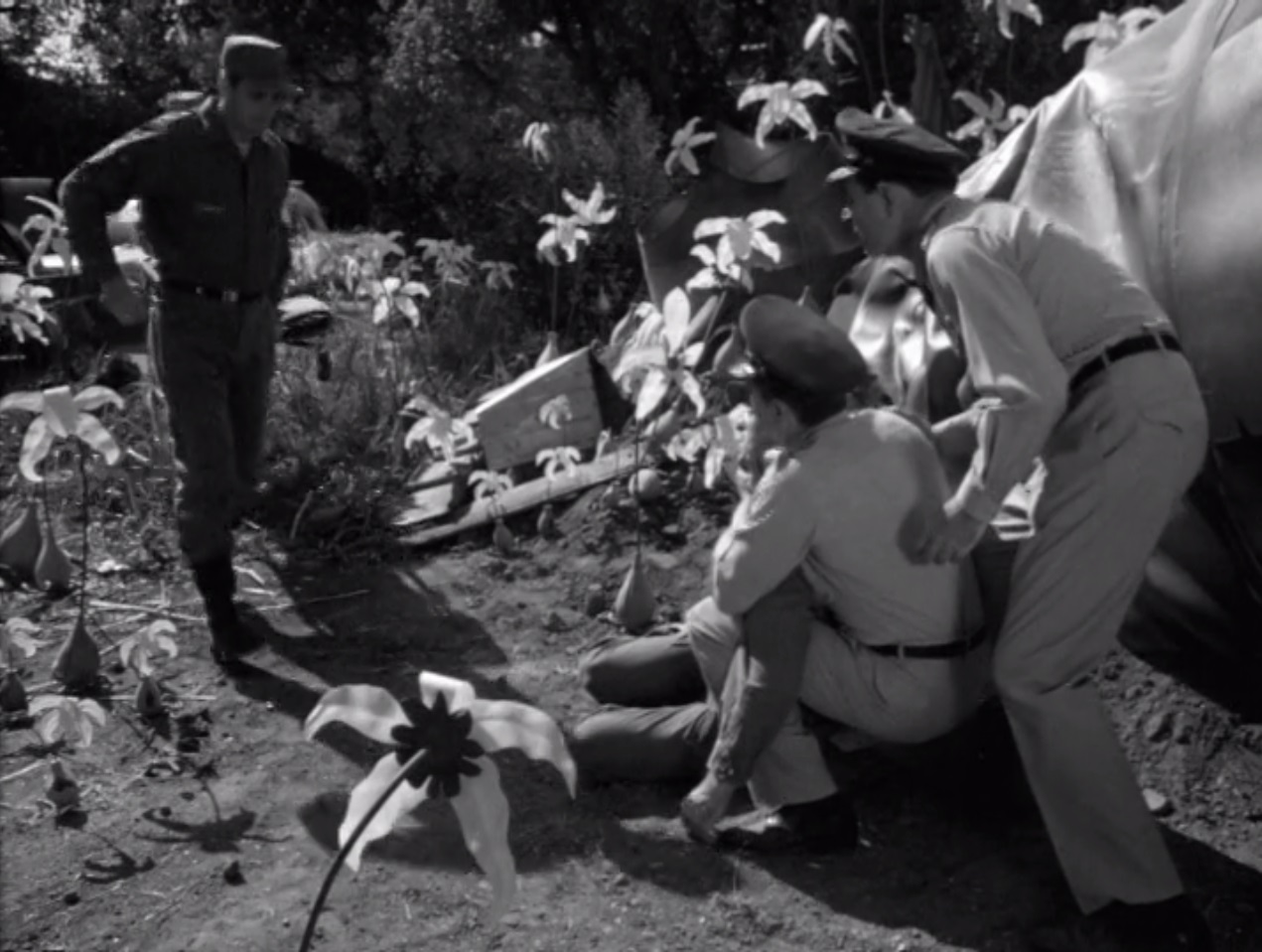
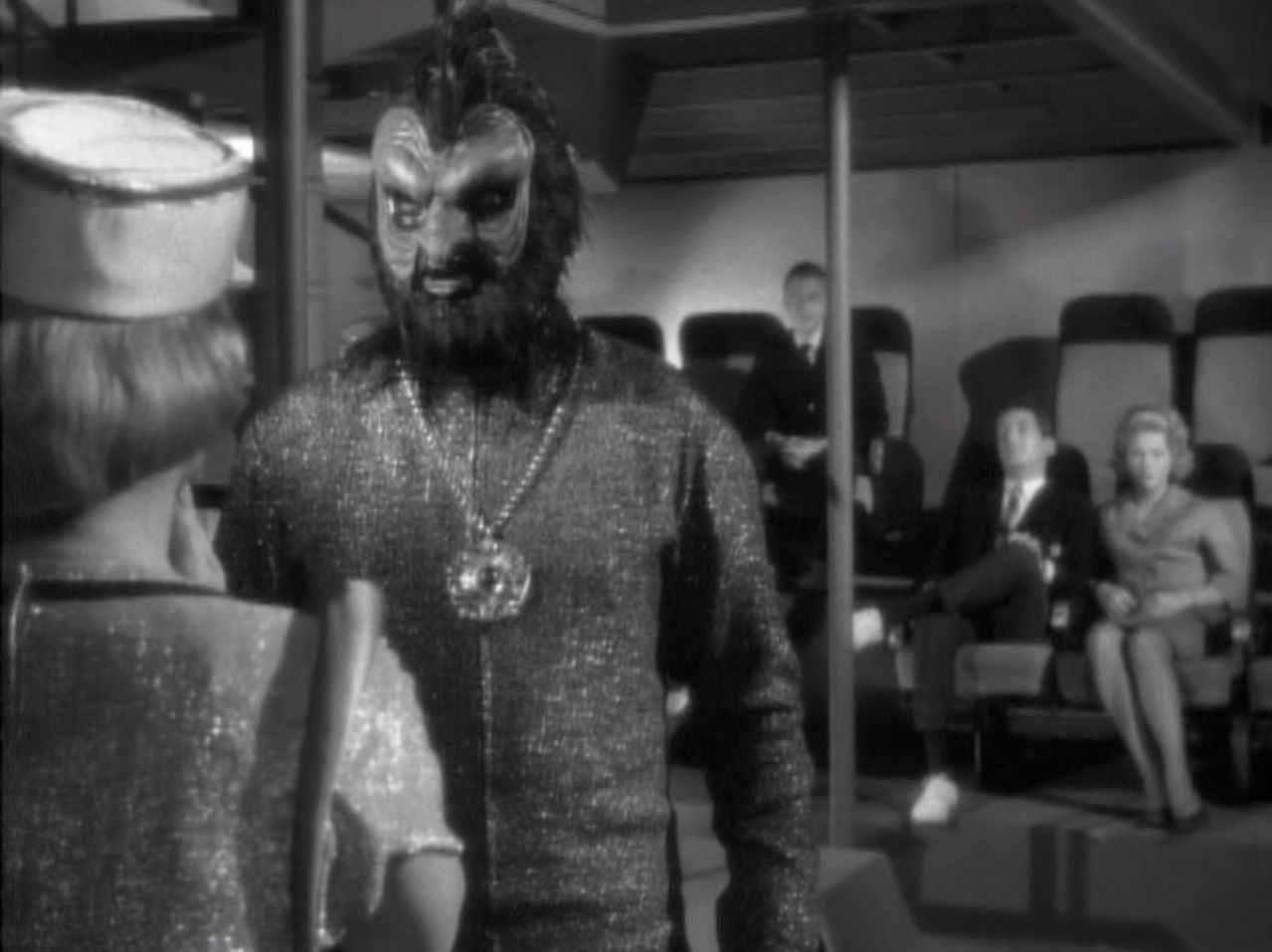
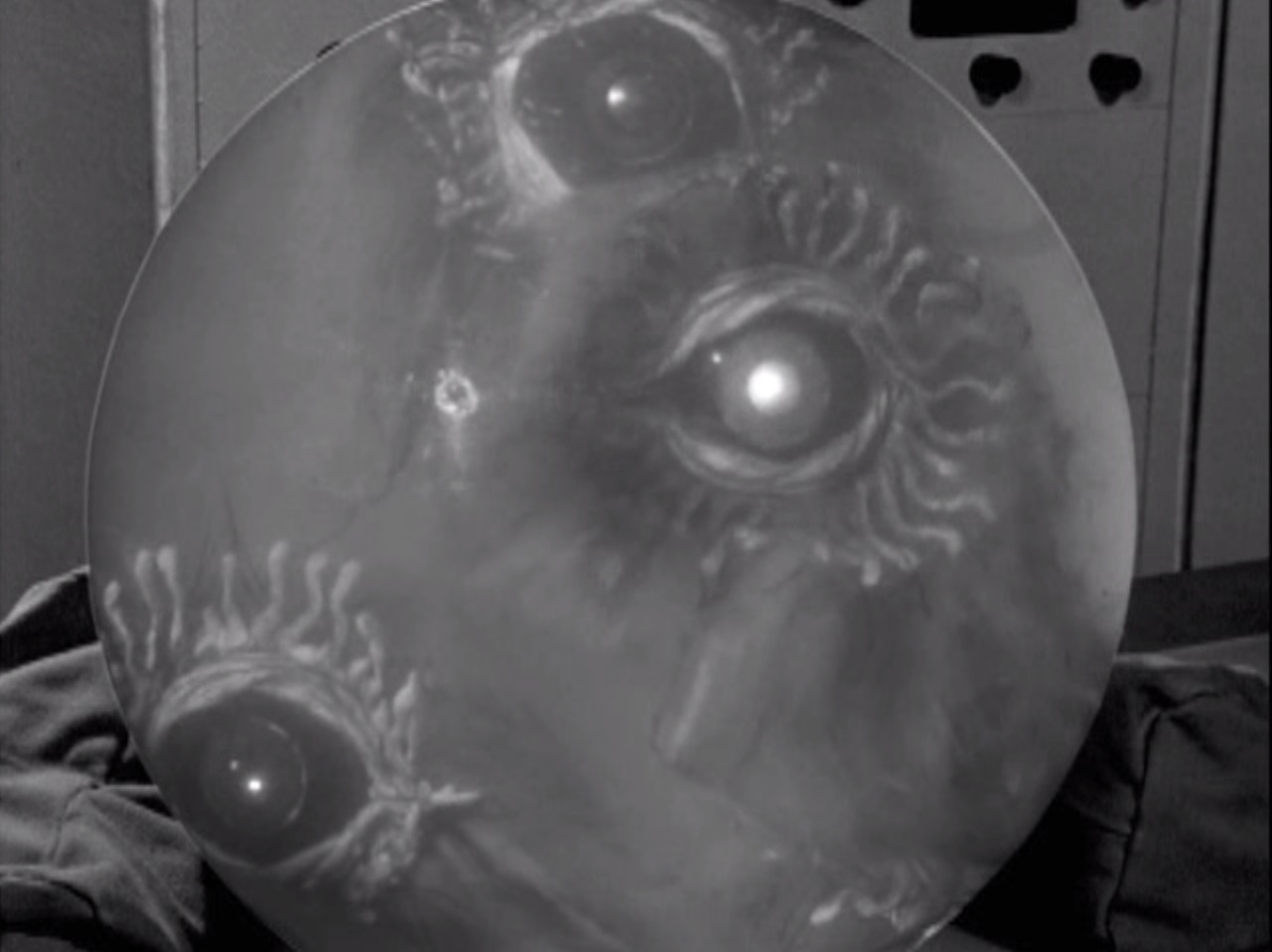
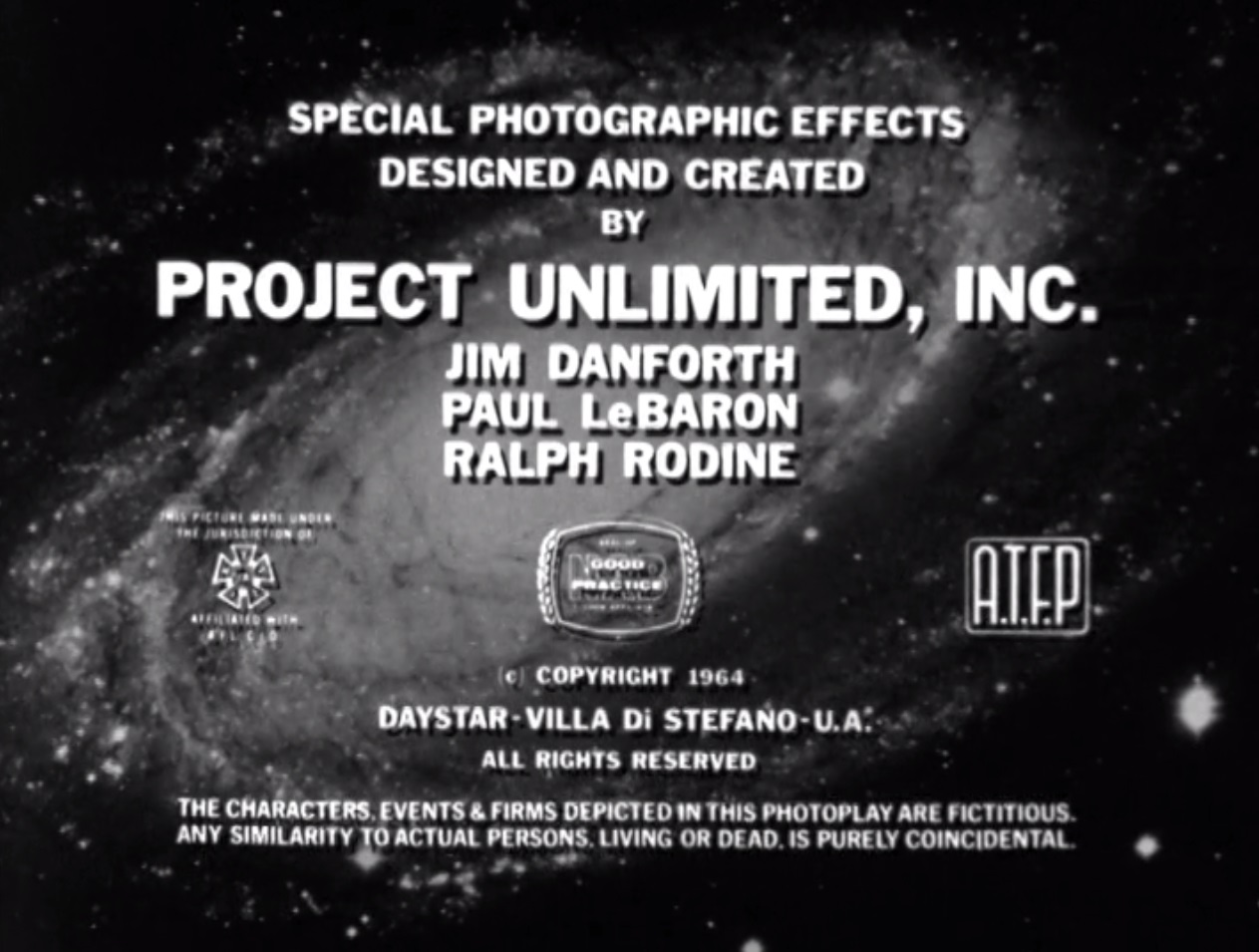
![[February 19th, 1964] The Edge Of Disappointment (<i>Doctor Who</i>: The Edge Of Destruction)](https://galacticjourney.org/wp-content/uploads/2019/02/640219stabbystabby-672x372.jpg)
![[February 11, 1964] To Gain Ascendancy (<i>The Outer Limits</i>, Season One, Episodes 17-20)](https://galacticjourney.org/wp-content/uploads/2019/02/640211e-672x372.jpg)






![[February 3rd, 1964] And Into The Fire (<i>Doctor Who</i>: The Daleks | Episodes 5-7)](https://galacticjourney.org/wp-content/uploads/2019/01/640203smartypants-672x372.jpg)
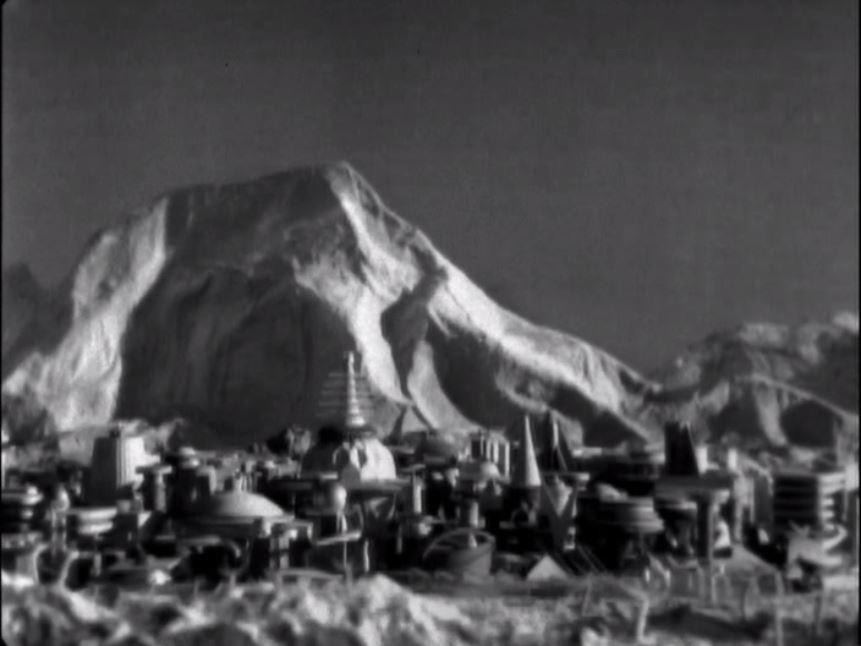
![[January 16, 1964] Man’s Dark and Troubled History (<i>The Outer Limits</i>, Season 1, Episodes 13-16)](https://galacticjourney.org/wp-content/uploads/2019/01/640116e-672x372.png)
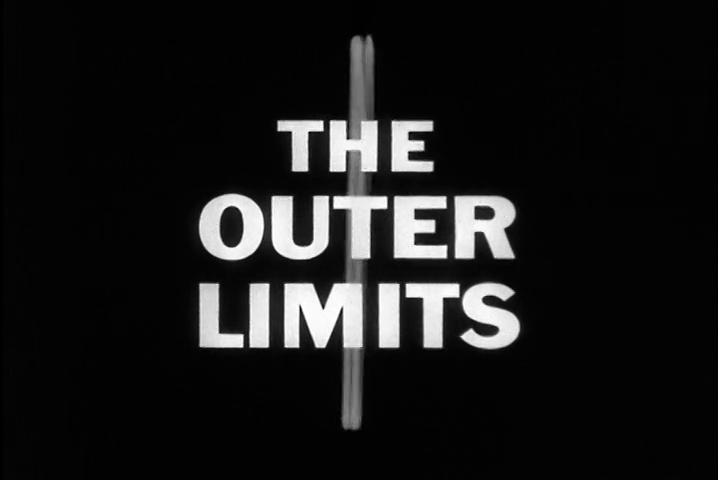
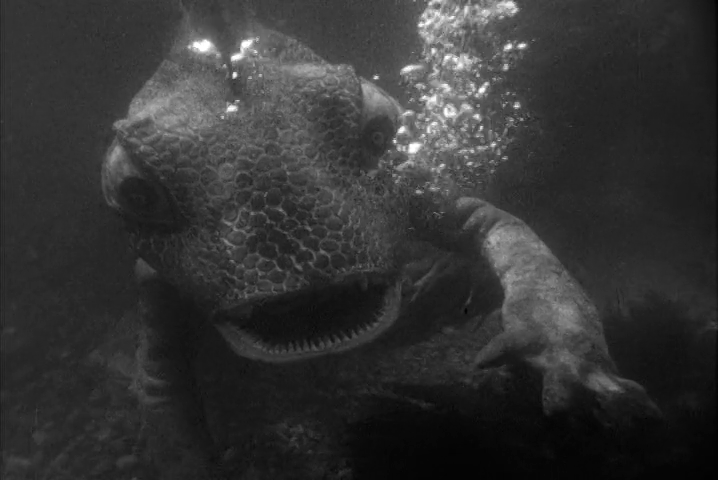
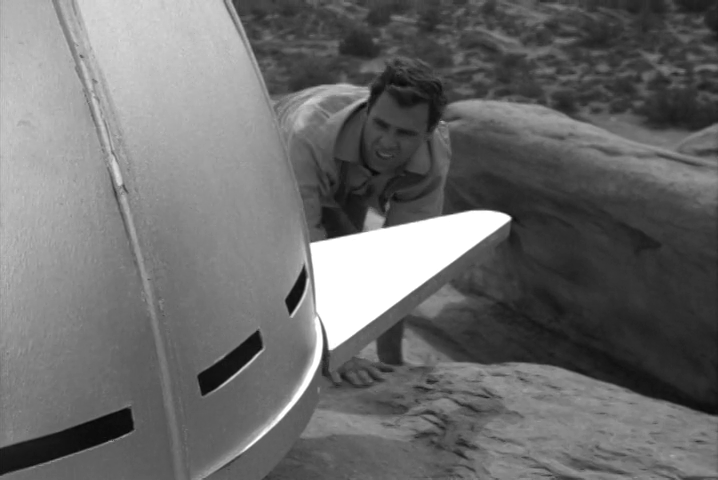
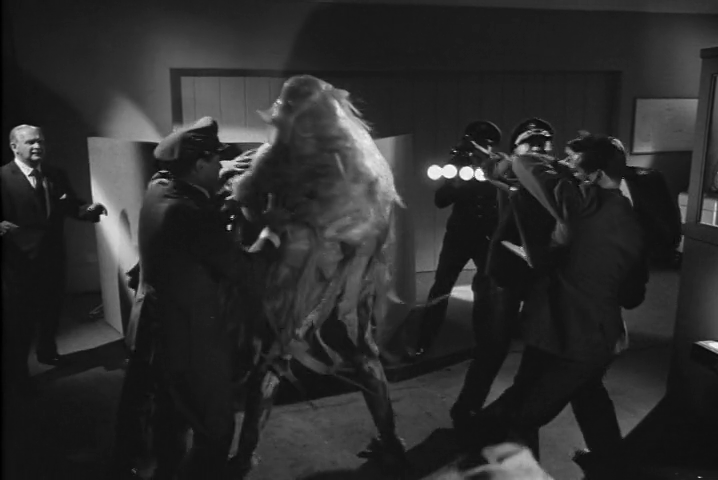
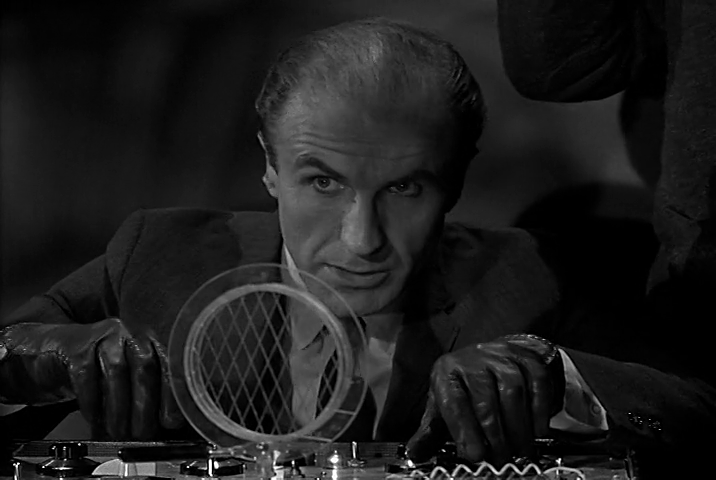
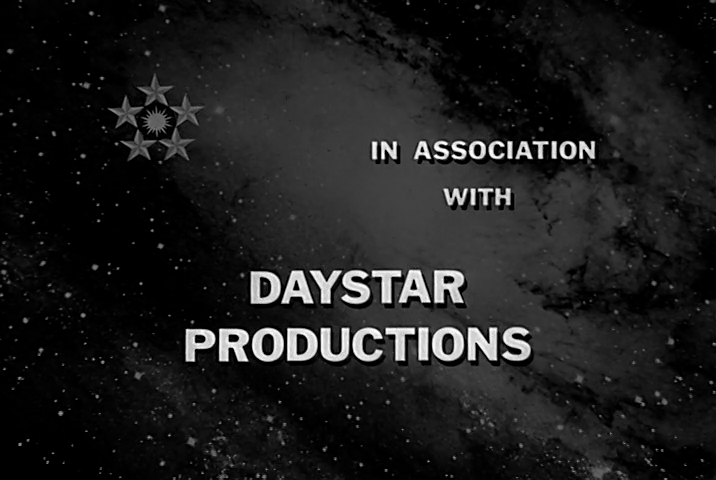
![[January 14, 1964] Out Of The Frying Pan (Dr. Who: <i>The Daleks </i>| Episodes 1-4)](https://galacticjourney.org/wp-content/uploads/2019/01/640114plungerofdoom-672x372.png)
![[December 29, 1963] Meet the Unknown (<i>Twilight Zone</i>, Season 5, Episodes 9-12)](https://galacticjourney.org/wp-content/uploads/2018/12/631229b-672x372.png)


